
While driving home from work, a horse owner notices bulldozers being unloaded in an empty field next to their picturesque mini-farm just outside city limits. A few frantic phone calls later, the truth is revealed: a strip mall is soon to be erected. Signs along the road announcing a proposed zoning change for the property had gone unnoticed, and neither the horse owner nor his peers had taken time to attend their town’s planning board meeting to voice an objection. Now it was too late.
Land use planning is an important activity that helps a community grow and function in the manner that is needed and desired by its residents. As the population in a community changes, there is a need to plan for how area land will be used.
With the Census Bureau predicting the U.S. population to increase by nearly 100 million people by 2050, many communities will face dramatic changes in land use. “For this reason, it is critical for horsemen to learn how to be a part of this planning process in order to conserve space for equine activities,” said Deb Balliet, CEO of the Equine Land Conservation Resource. “We currently have over 9 million horses in our country, and it takes at least 36 million acres of land to feed them. But we are losing space at 6,000 acres a day. In order to preserve a future for the equestrian landscape and lifestyle we love, all horse enthusiasts need to join in this effort, especially on the local level. This forum will help teach people how to make that difference.”
These ELCR community land use planning programs are designed to provide attendees with an understanding of the planning process, useful conservation tools, and real-life examples that will help participants become active in land use planning within their communities. Presenters will include methods for protecting horse farms, ranch lands trails and facilities, in addition to providing ways to promote new trails and facilities.
“Sprawl is gaining an ever greater foothold on open lands, so careful planning for smart growth is one of the keys to ensuring a future for our equine activities, sport and industry,” explained Denise O’Meara, ELCR’s Education Coordinator and forum organizer. “This educational event is designed to provide the information necessary to allow every horse lover to take part in their community’s land use planning process and advocate for the places and spaces their horse community needs.”
All forums are open to the general public and leaders of breed and discipline organizations are encouraged to attend so that they can share the materials with their members. For more information about this special event, please visit the ELCR website, or for online registration, click here.
About the Equine Land Conservation Resource (ELCR): The Equine Land Conservation Resource is the only national not-for-profit organization advancing the conservation of land for horse-related activity. ELCR serves as an information and networking resource for land and horse owners, organizations, agencies and equine enthusiasts on issues related to farm and ranch land conservation, land use planning, farm and ranch land stewardship/best management practices, trail access and sustainability, liability and equine economic impacts. For more information about the ELCR visit ELCR.org or call (859) 455-8383.
Further Reading
Seven Tips to Save Horseback Riding Trails
Have You Lost Your Favorite Show Grounds?
Horse Education Resources Poll

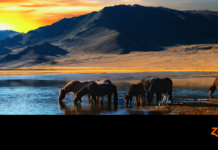
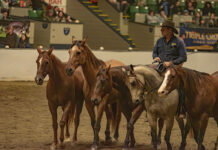
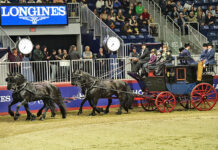
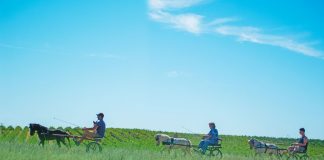
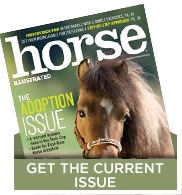
Money always speaks louder than the trees and land. Government officials seems to do what will benefit them and not the best interest for the community.